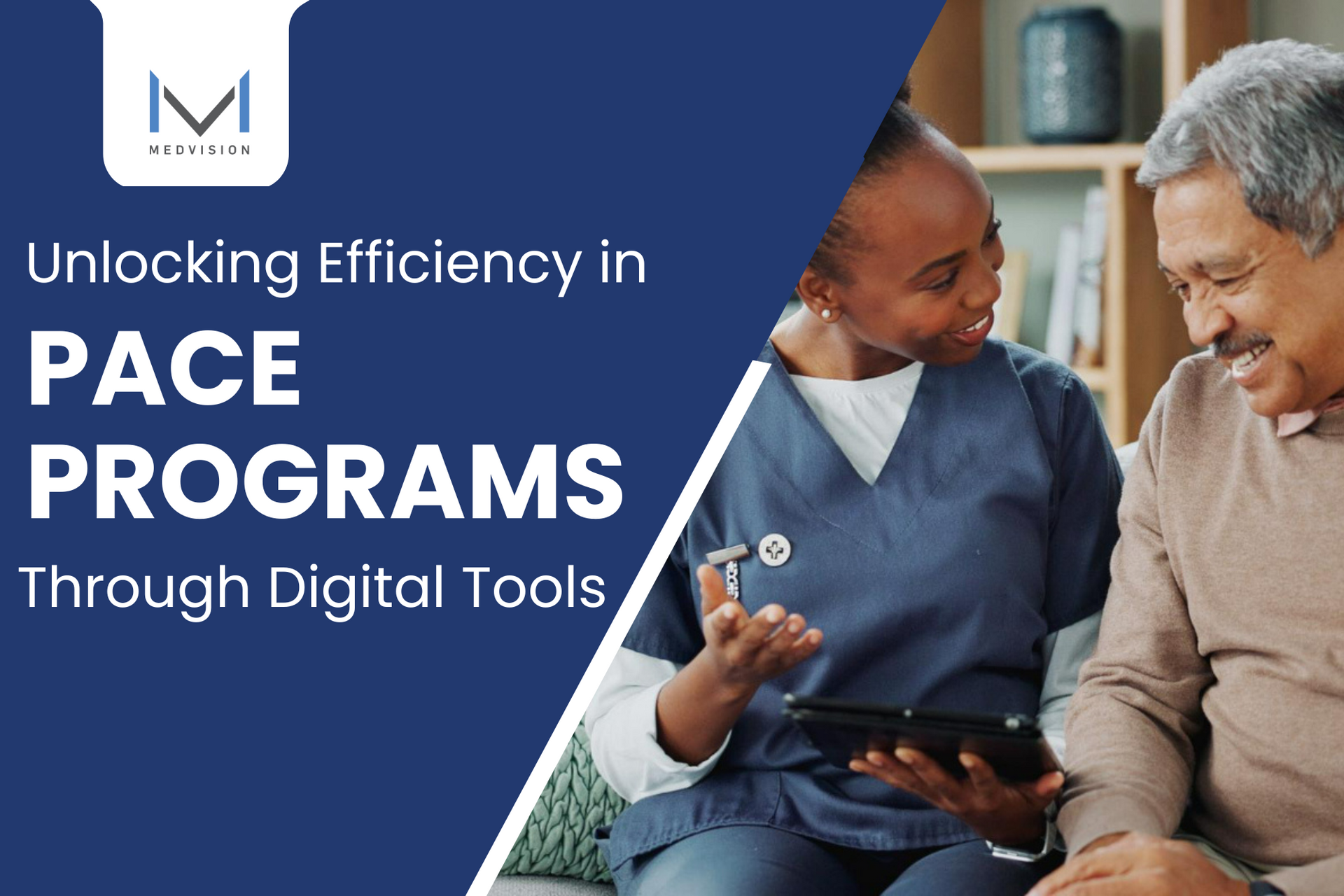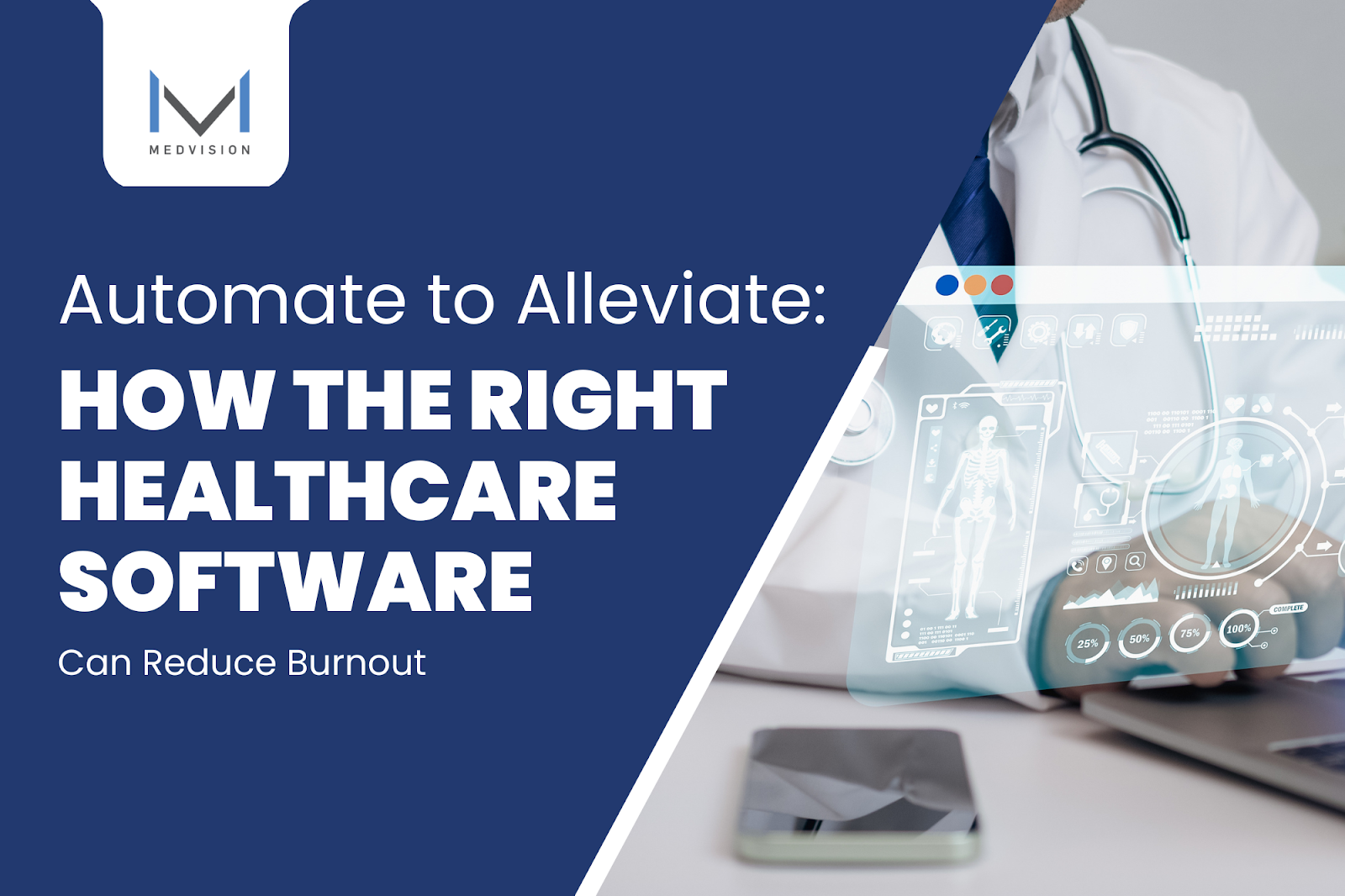A Five-Star Quality Rating: How HEDIS Measures It
Healthcare Effectiveness Data and Information Set (HEDIS) measures are one of the healthcare quality measures that have become a gold standard for health plan quality for decades. A key component of value-based care is performance management. Payers need to measure the quality and effectiveness of care that healthcare professionals provide to determine the amount that they should be reimbursed for their services, identify patients who are at risk, and proactively manage the health of their members.

What Was the Beginning of HEDIS Measures?
HEDIS measures is a government measurement tool that was first established by the National Committee for Quality Assurance (NCQA). NCQA manages these measures in hopes of aiding different payers to compare
health plans and provider networks. Most health plans and insurance companies in the U.S. use HEDIS to
measure performance on services at every level of care. The Centers for Medicare & Medicaid Services (CMS), together with NCQA, designed a strategy that can assess every special needs plan’s (SNP) quality of care.
What Does It Do?
HEDIS is known as an all-inclusive reference of standardized performance measures intended to assess healthcare organizations and help purchasers and consumers determine whether a health plan and its programs work. It is a rating scheme that adopts a one-to-five star point system, with the highest rating being five stars. Any organization that receives a five star is considered to be of great excellence and quality, and meets all the set requirements of CMS for performance.
HEDIS measures can cover many complex and chronic health conditions, such as cancer, heart disease, smoking, asthma, and diabetes. The HEDIS data can consist of information that can be applied to review how well SNP improvements are working, provide regular feedback, and measure the success of the quality improvements implemented. This data allows the identification of performance gaps, and corrective measures are put into place to achieve realistic goals.
The Use of HEDIS Measures to Improve ACOs’ Quality Scores
ACOs are increasingly being held accountable for their quality scores, and HEDIS measures can be used to improve them. As HEDIS measures are designed to assess important aspects of healthcare quality, such as preventive care, chronic disease management, and patient satisfaction, ACOs are able to track their own performance and identify areas where they need to make improvements. HEDIS measures can also be used to benchmark ACO performance against that of other ACOs or healthcare providers. ACOs can utilize these evaluation results to reflect on policies and issues that positively affect patient care and find a way to promote better and more suitable care coordination.
Achieve High
Quality Healthcare to Improve HEDIS Standing
In this day and age, the way healthcare quality improvement is evaluated is changing. The apparent shift has been tied to cheaper and more flexible care delivery options. One of the most important ways these health plans and healthcare organizations have improved care delivery and quality is by implementing a standard performance measurement and reporting system. Luckily, MedVision offers a comprehensive administrative platform that helps ACOs and managed care organizations (MCOs) with their processes by allowing them to:
- Access the most up-to-date clinical review criteria and evidence-based guidelines.
- Automate key processes involved in value-based care workflow.
- Decide on the best treatment option and determine the appropriate clinical decision.
- Evaluate and implement the necessary case management system.
Be one of the organizations that rises to high standards!
References:
1. Healthcare Effectiveness Data and Information Set (HEDIS) | CMS. “Healthcare Effectiveness Data and Information Set (HEDIS) | CMS.” www.cms.gov, December 1, 2021. https://www.cms.gov/Medicare/Health-Plans/SpecialNeedsPlans/SNP-HEDIS.
2. Mackey, Dr. Thomas. “How Payers Can Improve HEDIS Quality Measure Performance.” Healthpayer Intelligence. Accessed July 27, 2022. https://healthpayerintelligence.com/features/how-payers-can-improve-hedis-quality-measure-performance.
3. Hecht, Dr. Michael. “What is HEDIS, And why is it Important?” http://www.premiereyecare.net/. Accessed July 27, 2022. http://www.premiereyecare.net/wp-content/uploads/2014/02/Why-HEDIS-Is-Important-3-2014.pdf.
Explore Related Blogs
Recently published articles
Keep in touch
Subscribe to get the latest update
Trending topics
Share your insights on social media
Upcoming events and company news


















